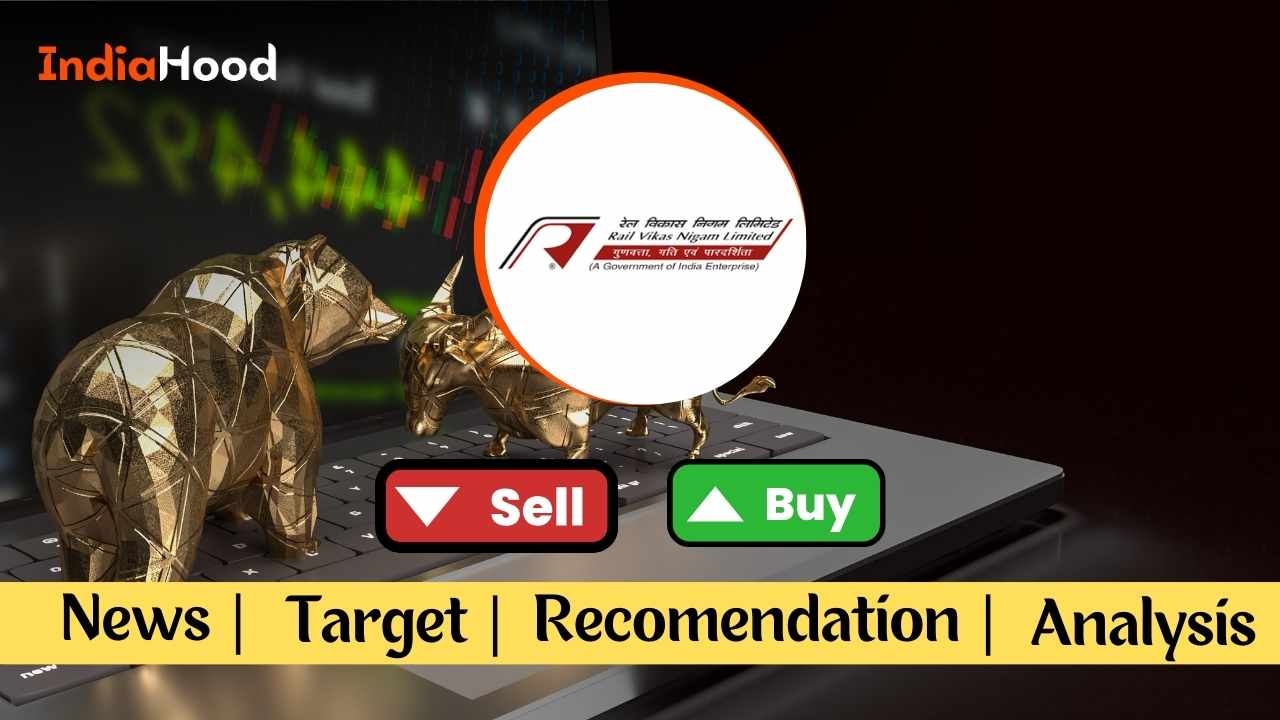Chinese Stock Market Faces Setback Amid Uncertain Stimulus Plans
Mainland China stocks experienced a significant downturn on Wednesday, ending their impressive ten-day winning streak. This drop was sparked by a lack of confidence from officials regarding proposed stimulus measures aimed at revitalizing the sluggish economy. Investors had anticipated a stronger indication of fiscal support to bolster the market, but the absence of such reassurances led to heightened anxiety among traders.
Thursday’s Market Performance
On Wednesday, the Shanghai Composite index plummeted by over seven percent, while the blue-chip CSI300 index saw a decline of 6.9 percent. The abrupt reversal in the market follows a robust performance on Tuesday, when mainland Chinese stocks surged back after a week-long holiday, recording an astonishing turnover of 3.485 trillion yuan (approximately $493.17 billion). Such volatility reflects the delicate balance of market sentiment and investor expectations surrounding fiscal measures.
Hong Kong Market Trends
Meanwhile, Hong Kong’s Hang Seng index, which has been one of the top-performing global markets in 2024, experienced a 2.9 percent dip after initially starting the day on a positive note. The index began its upward trajectory on September 11, 2024, rising from 17,108.71 points to 22,736.87 points by October 4, marking a remarkable 32.9 percent increase within just 21 days. However, this recent decline raises questions about the sustainability of the market’s rally against the backdrop of uncertainty.
Expectations for Fiscal Stimulus
Market analysts, such as Alvin Tan, head of Asia FX strategy at RBC Capital Markets, indicate that expectations for a substantial fiscal stimulus package in the range of 2-3 trillion yuan are driving current market sentiment. Tan emphasized that, “The positive sentiment on China assets lately is premised on expectation of a major fiscal stimulus package.” He warns that if the government fails to deliver a package rivaling these expectations, the current optimism could swiftly dissipate.
Sector Performance
Among the sectors most affected on Wednesday were tourism and real estate. Data revealed that spending during the Golden Week holidays has yet to return to pre-COVID levels, causing tourism shares to tumble, with an index tracking the sector recording a loss of 7.8 percent. Similarly, the property sector faced a harsh blow, as the CSI 300 Real Estate index plunged by 9.7 percent, reflecting ongoing concerns about the health of the real estate market in China.
Looking Ahead
Samuel Tse, an economist at DBS, commented on the situation, stating, “To be sure, the impact of support measures will take time to unveil.” As investors await clear guidance from officials regarding fiscal actions, the market remains poised for further fluctuations. In overseas markets, Singapore-traded FTSE China A50 futures also recorded a decline of approximately 1.5 percent, adding to the trepidation surrounding China’s economic trajectory.












